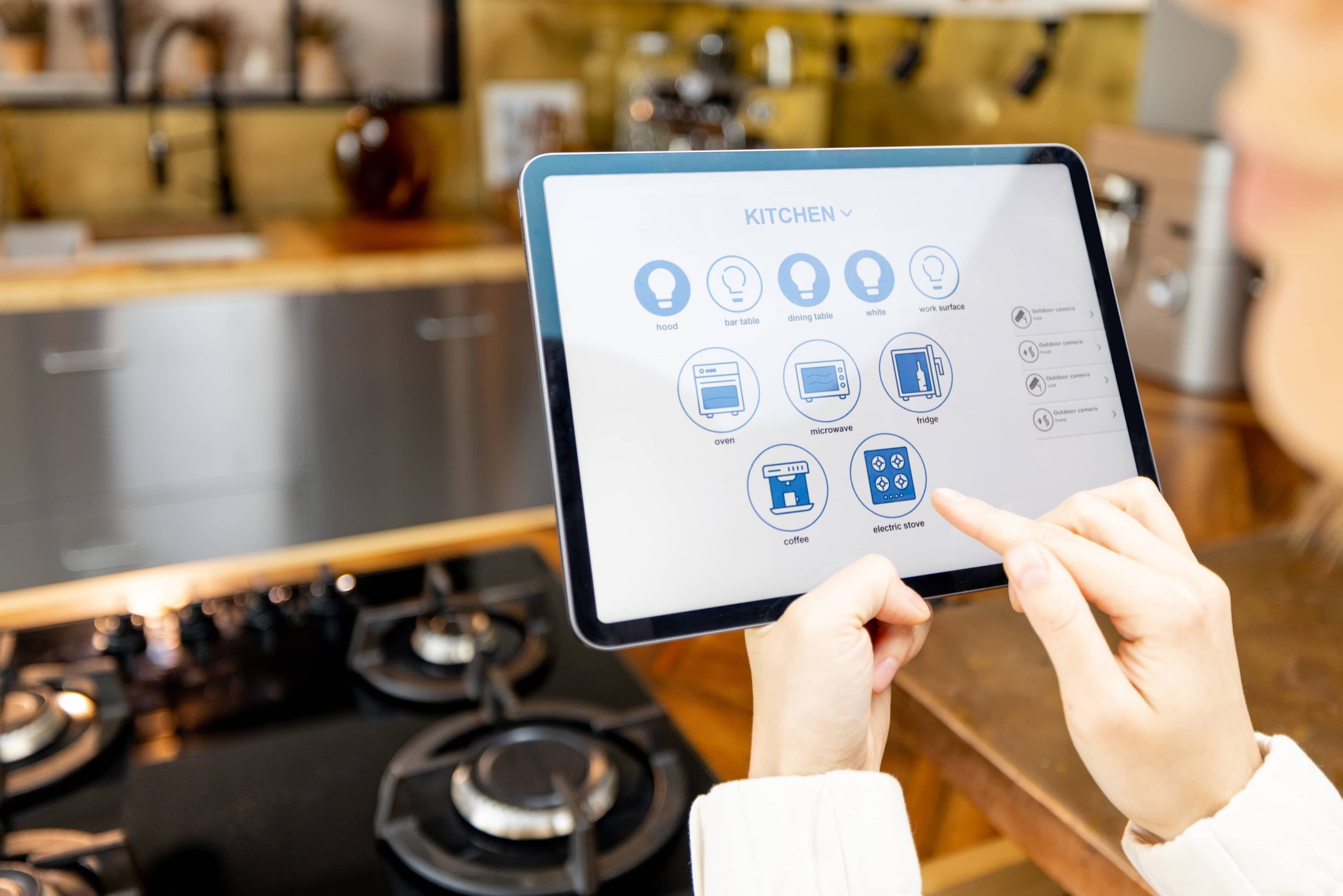
In recent years, the concept of smart homes has transitioned from a futuristic dream to a tangible reality, largely due to the rapid advancements in artificial intelligence (AI). As AI continues to evolve, its influence on smart homes is becoming increasingly profound, reshaping how we interact with our living spaces and enhancing our quality of life. This blog post explores the transformative impact of AI on the future of smart homes, highlighting key areas where AI is making a significant difference.
The Rise of AI in Smart Homes
The integration of AI into smart homes has been a game-changer, enabling devices to learn from user behaviors and preferences, thereby offering a more personalized experience. AI-powered systems can analyze data from various sensors and devices, allowing them to make informed decisions and automate tasks. This level of automation not only enhances convenience but also improves energy efficiency and security.
Personalized Living Experiences
One of the most significant impacts of AI in smart homes is the ability to create personalized living experiences. AI systems can learn from the habits and preferences of the occupants, adjusting lighting, temperature, and even music to suit individual tastes. For instance, AI can analyze your daily routine and automatically adjust the thermostat to your preferred temperature when you wake up or return home from work. This level of personalization extends to entertainment systems, where AI can recommend movies or music based on your past preferences.
Enhanced Security
Security is a top priority for homeowners, and AI is playing a crucial role in enhancing home security systems. AI-powered cameras and sensors can detect unusual activities and alert homeowners in real-time. These systems can differentiate between regular movements, such as pets or family members, and potential intruders, reducing false alarms. Moreover, AI can integrate with facial recognition technology to allow secure access to the home, ensuring that only authorized individuals can enter.
Energy Efficiency and Sustainability
AI is also driving energy efficiency in smart homes, contributing to a more sustainable future. By analyzing energy consumption patterns, AI can optimize the use of appliances and systems, reducing energy waste. For example, AI can automatically turn off lights and appliances when they are not in use or adjust the heating and cooling systems based on occupancy and weather conditions. This not only lowers energy bills but also reduces the home’s carbon footprint.
Voice-Activated Assistants
Voice-activated assistants, such as Amazon’s Alexa, Google Assistant, and Apple’s Siri, have become integral components of smart homes. These AI-driven assistants allow homeowners to control various devices and systems using simple voice commands. Whether it’s adjusting the thermostat, playing music, or setting reminders, voice-activated assistants offer a hands-free and intuitive way to manage the home. As AI technology advances, these assistants are becoming more sophisticated, capable of understanding complex commands and providing more accurate responses.
The Future of AI in Smart Homes
Looking ahead, the future of AI in smart homes is incredibly promising. As AI technology continues to advance, we can expect even more innovative applications and features. Here are a few potential developments:
1. Predictive Maintenance: AI could predict when appliances or systems are likely to fail, allowing homeowners to perform maintenance before issues arise. This proactive approach can extend the lifespan of devices and prevent costly repairs.
2. Health Monitoring: AI could integrate with wearable devices to monitor the health and well-being of occupants. For example, AI could track sleep patterns, heart rate, and other vital signs, providing insights and recommendations for a healthier lifestyle.
3. Interoperability: As more devices become connected, AI will play a crucial role in ensuring seamless interoperability between different systems and platforms. This will enable a more cohesive and integrated smart home experience.
4. Advanced Robotics: AI-powered robots could become commonplace in smart homes, performing tasks such as cleaning, cooking, and even providing companionship. These robots could learn from their environment and adapt to the needs of the occupants.
Conclusion
AI’s influence on the future of smart homes is undeniable, offering a myriad of benefits that enhance convenience, security, and sustainability. As AI technology continues to evolve, the possibilities for smart homes are virtually limitless. Homeowners can look forward to a future where their living spaces are not only intelligent but also intuitive, adapting to their needs and preferences in ways we can only begin to imagine. The integration of AI into smart homes is not just a trend; it’s a revolution that is set to redefine the way we live.













